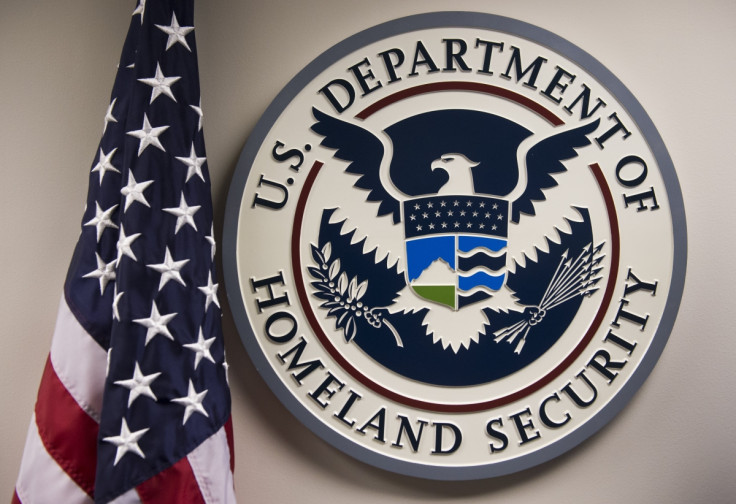Georgia accuses US Department of Homeland Security of trying to hack its election register
Secretary of State in Georgia demands response over 'illegal' action from Secretary of Homeland Security

Georgia's Secretary of State has accused the US Department of Homeland Security of illegally attempting to hack its systems containing the state's voter registration database.
In a letter addressed to Secretary of Homeland Security, Jeh Johnson, Georgia's Brian Kemp details how a week after the election on 15 November there was "an unsuccessful attempt to penetrate the Georgia Secretary of State's firewall." The attempt was traced back to a Homeland Security internet address.
Behind the firewall lies the state's voter registration database, which contains the personal details of 6.5 million Georgians and records of hundreds of thousands of officials and state corporations. Kemp cited a section of the Computer Fraud and Abuse Act, which makes "attempting to gain access or exceeding authorised access to protected computer systems... illegal."
The secretary of state alerted Georgians on his Facebook page Thursday (8 December) telling them that he is demanding Johnson explain why his department attempted to breach its systems.
"At no time has my office agreed to or permitted DHS to conduct penetration testing or security scans of our network," Kemp wrote in his letter to Johnson, adding that the department had not contacted his office since the attack to alert them about it.
"I am writing you to ask whether DHS was aware of this attempt and, if so, why DHS was attempting to breach our firewall," Kemp asked. He also points out he sits on the Election Cyber Security Working Group created by DHS.
A request for comment from the Department of Homeland Security was not returned by the time of publication.
In October technical analysis by security experts – and a joint statement from the US Director of National Intelligence – concluded that Russia was behind hacks that stole emails from the Democratic National Committee and Clinton campaign.
That month Johnson warned US states that "malicious cyber actors have been scanning a large number of state systems, which could be a preamble to attempted intrusions." More than 20 states were targeted by the attackers.
In a few cases, "we have determined that malicious actors gained access to state voting-related systems. However, we are not aware at this time of any manipulation of data," Johnson said. He urged state election officials to seek assistance in bolstering cybersecurity ahead of the 8 November election. Georgia was not one of the states that sought help.
In September, Hank Johnson, Georgia Democratic Representative, also proposed bills that would designate state voting systems as critical infrastructure and, among other security measures, limit states' ability purchase voting systems that don't produce a paper trail. Kemp, a Republican, opposes federal intervention in state electoral systems.
© Copyright IBTimes 2025. All rights reserved.






















